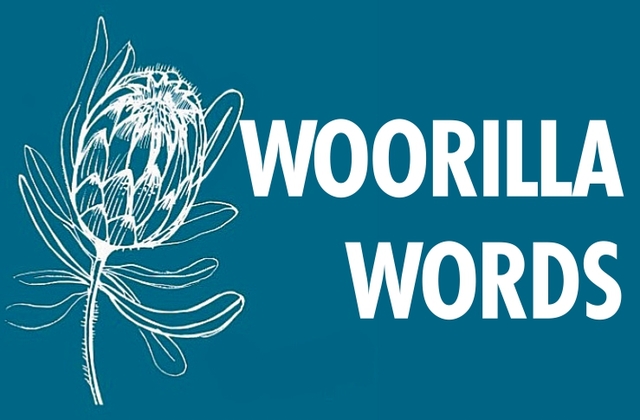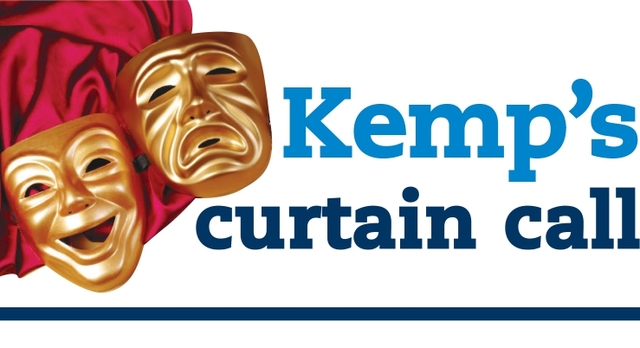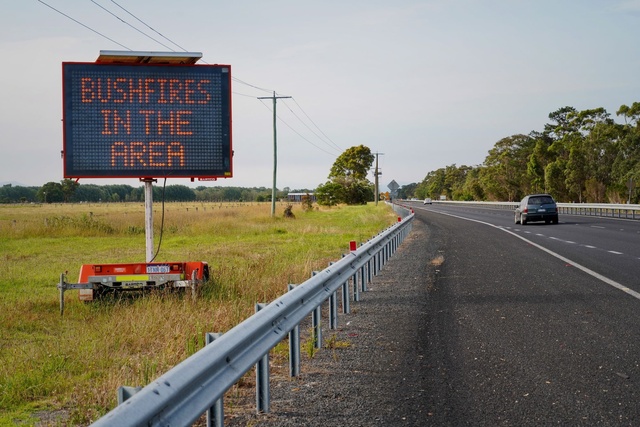By Kath Gannaway
A ROW has erupted over ambulance response times in the Yarra Valley after the release of Freedom of Information documents which revealed response times had blown out across Melbourne.
Liberal candidate for Evelyn, Christine Fyffe, called on the Labor Government to fund more ambulance stations to address what she said was a disgrace.
“Towns in the Evelyn electorate have some of the worst ambulance response times in Victoria,” she said.
Quoting Freedom of Information documents, she said 90 per cent of Code One responses by the Coldstream-based ambulance service took 35 minutes.
“Two calls took longer than 35 minutes,” she said.
Metropolitan Ambulance Services spokesman James Howe has rejected the claims, and said the FoI documents did not give details of the distances required, or where the ambulances had to travel from to attend incidents.
The wife of a paramedic working in the outer east said the real threat to ambulance services was the abuse of the service for minor injuries and ailments.
In a letter to the Mail, Anne Fletcher said paramedics are becoming increasingly frustrated with inappropriate calls to 000 which tied up ambulance services and had the potential to extend response times for genuine emergencies.
She cited one occasion where she said a crew were sent to Warburton to attend to a person with a sore finger who then had to be transported to Maroondah Hospital. “These types of cases are becoming more and more prevalent as the community are using the service as a stop gap due to the unavailability or refusing to see their own doctor,” she said.
Her comments were backed by Yarra Junction paramedic Rick Mitchell who said there were a number of factors, including the logistics of operating a service in the Yarra Valley with often long distances needing to be covered.
“It’s an age-old problem. Yarra Junction has the biggest area to cover, even bigger than Healesville, and our times do blow out at certain times such as weekends and in summer when if we have to go to the Reefton Spur, it can take 40 or 50 minutes,” he said.
He said he believed the biggest complaint by paramedics would be attending unnecessary calls.
“If we only went to jobs where we were needed, we would be available for so much more work.
“If measures could be put in place so we are sent to more appropriate work, and the general public educated as to what they should call an ambulance for, we would not need as many ambulances and peak services,” he said.
Mr Howe said training 000 operators to attain the level of response required, and better education of the public in regard to calling out ambulances, were issues which needed to be addressed.
He said it was something which needed to be done with care.
“The last thing we want is for people who do need an ambulance to be reluctant to call,” he said.
Ambos anger
Digital Editions
-

Worst Films of 2025
A small negative trend I noticed this year involves certain film productions missing their own troubling implications. Elio, Pixar’s latest family film, doesn’t realise the…





